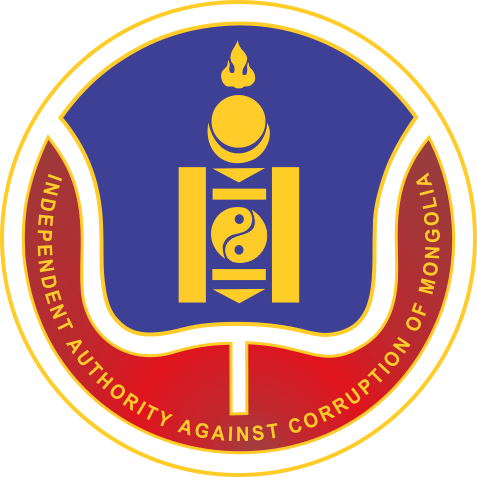7 June, 2021
One of the key anti-corruption activities is to identify the perpetrators and bring them to justice. Corruption offenses are often committed by high-level executives at the decision-making level, and the failure to impose appropriate penalties on the perpetrators undermines public confidence in the government, and citizens start feeling that the law is not exercised impartially. Thus, increasing the level of corruption and negatively affects society as a whole.
The level of corruption in a country is highly dependent on the activities of the Anti-Corruption Authority, which is usually the only entity authorized to detect and investigate corruption crimes. Therefore, it is possible to fight corruption effectively by keeping the workload of the Anti-Corruption Authority’s investigators at a normal level and conducting investigations efficiently.
According to research conducted by The Asia Foundation's Evaluation Team under the Asian Development Bank-supported “Strengthening the Anti-Corruption System” project in Mongolia, a high number of investigators in the Anti-Corruption Authority has been shown to have positive effects on the Corruption Perceptions Index. The correlation between the percentage of investigators in the organization and the CPI is shown in Figure 1.
Figure 1. Percentage of investigators among all Anti-Corruption organization staff and CPI ranking
Please click on the image to enlarge
Increased workload appears to be closely connected to the increasing number of complaints, but also to the special attributes of corruption crimes as well as the complexities that make these crimes difficult to investigate. It is clear that accessing, collecting, and studying information, and obtaining various expert opinions, and prosecutors’ approvals are taking significant time and effort and can include some processes that seem inefficient when viewed from the outside. This slows down investigations, even as more cases are coming in, and adds to the high workload of investigators.
According to a survey conducted on investigators of Mongolian Independent Authority Against Corruption, 56 percent said that the workload has a very high effect on the investigation of corruption crimes.
Figure 2. Workload affecting successful investigation of corruption cases
Please click on the image to enlarge
The workload for one investigator at the IAAC is significantly higher than compared to other countries. The IAAC receives 800 crime reports annually, which means there are 17 reports per one investigator which have a significant negative impact on the effective fight against corruption, as well as, the detection and investigation of perpetrators.
Furthermore, OECD’s ‘Anti-Corruption reforms in Mongolia project’ report also highlighted increased workload of IAAC’s investigators.
It is clear that the number of investigators is not in accordance with the increasing volume of work the institution has experienced. In 2018, the IAAC investigated 1040 cases involving 1126 suspects, while in 2017 it investigated only 427 cases with 654 suspects. The workload practically doubled while staff remained practically unchanged. Increasingly active work of the IAAC in 2018 is explained by the legislative amendments which excluded damages as an element of abuse of power and assigned to its jurisdiction all criminal offences committed by police officers while fulfilling official duties.
Therefore, it is clear that Mongolia needs to increase the number of investigators and reduce the number of cases per investigator as part of its effective Anti-Corruption efforts. A high workload can have a significant negative impact on the health and well-being of investigators in addition to the investigation.
For further information, please contact:
Erkhemjargal Odsuren, Officer, Research and Analysis Division
Independent Authority Against Corruption of Mongolia
erkhemjargal@iaac.mn


.jpg)






